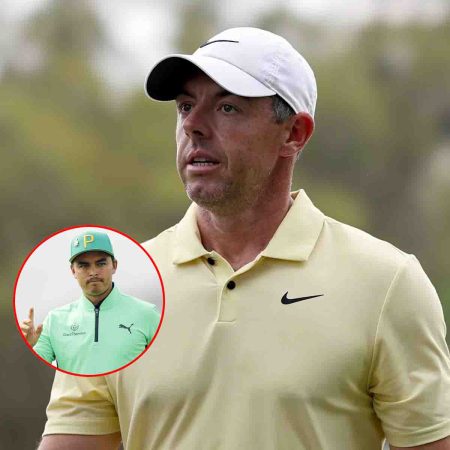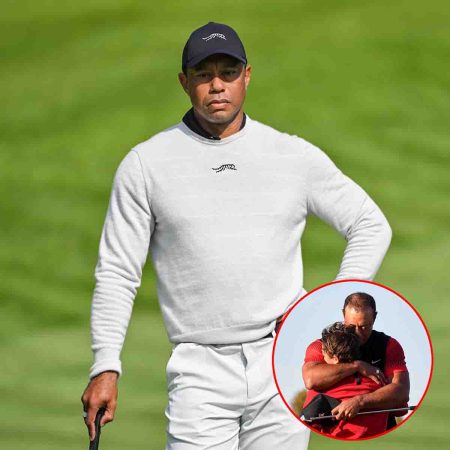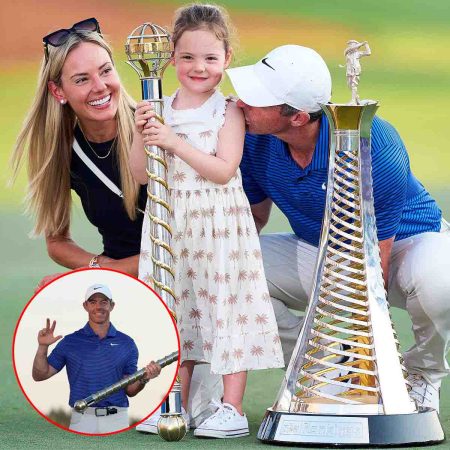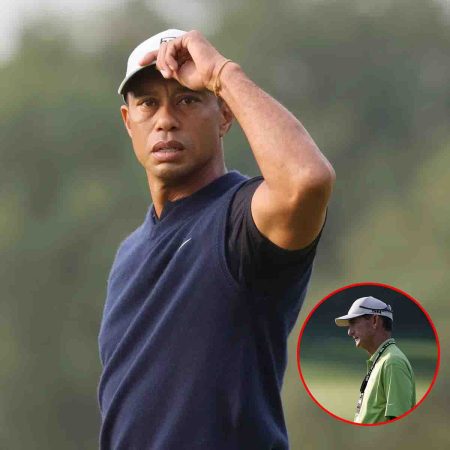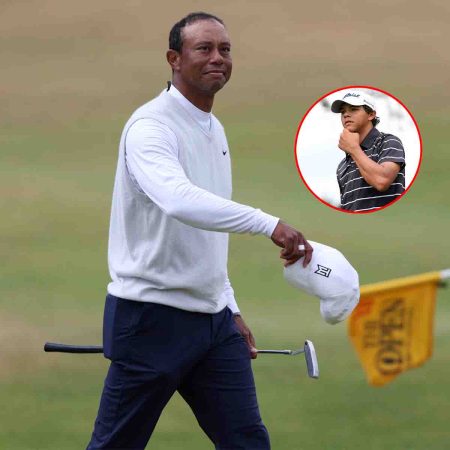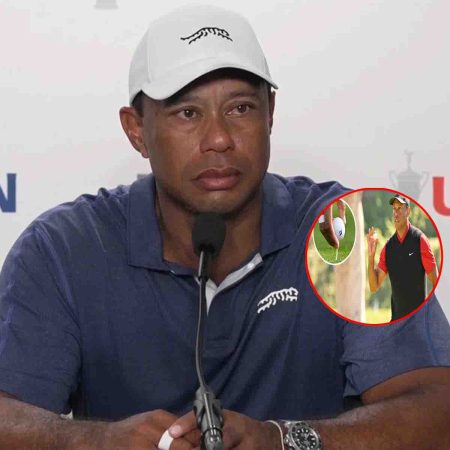Sadio Mane – from an orphan boy to a symbol of hope
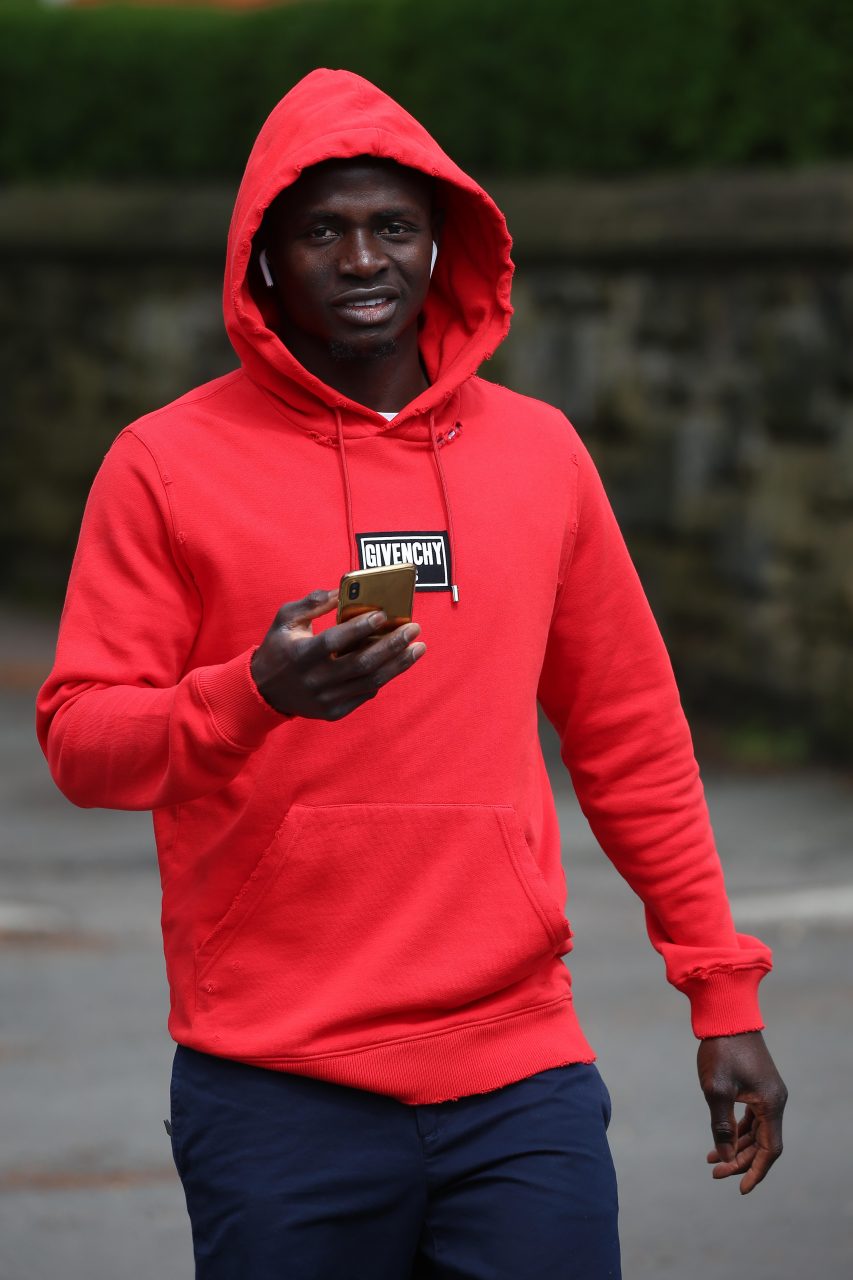
“Where I was born, being a footballer means you have to sacrifice everything,” Sadio Mane shared in the trailer for the documentary about his life that was released not long ago. It is not only a dream that Mane cherishes, but also of the boys who wear shirts with the names of Andres Iniesta, Sergio Aguero, Edinson Cavani or himself, the hero of Senegal.
Not everyone has a fulfilling career like the 27-year-old striker. “Beyond talent, Sadio is also lucky. Not everyone gets to the finish line, they just want to try. In Bambali as elsewhere, Barcelona or die. Dreams take precedence over all,” Le Monde said . quotes Omar Abdou Mendy, Mane’s former teacher.

Boy orphaned father left home because of football
“When I was seven years old, one day I was preparing to go to a football match with the kids in the village, when my cousin suddenly ran up to me and said loudly, ‘Sadio, your father is dead.’ ‘Is that right? Are you kidding me?’, I replied. At that time, I did not understand what was happening,” the Liverpool striker shared with the Guardian .
Before Mane’s father passed away, he had been battling illness for weeks. His family gave him many traditional medicines to prolong his life. However, the disease soon returned and the medicine no longer worked. At that time, Bambali did not have a hospital. Mane and the others have to take his father to the next village to see if they can save him. Things didn’t go as he expected after that.
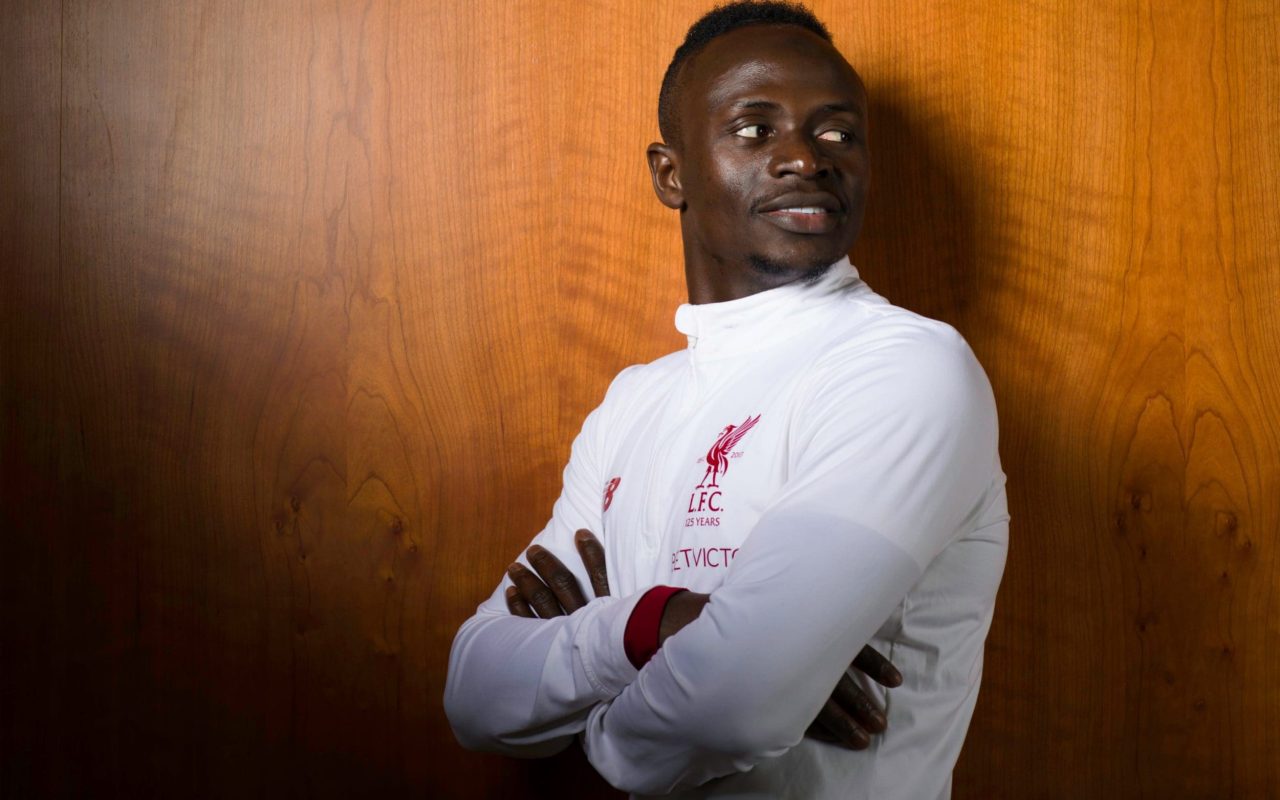
Mane revealed: “When I was young, my father always told me how proud he was of me. He was a man with a kind heart. His passing had a great impact on me as well as the rest of my family. I thought to myself, ‘Now I’ll have to do my best to help my mother.’ But that’s a tough thing when you’re young.”
Becoming a professional footballer was everything Mane wanted, but he failed to convince his family to support him in this path. The Liverpool striker dropped out of school and left home to pursue his passion with childhood friend Luc Djiboune at the age of 15.
The determination and burning dream of the boy who lost his father finally convinced the family members. When Mane left the village for Dakar, the capital of Senegal, in search of opportunities, his mother understood her son would do nothing but football.

Step to the top of Europe
The journey to becoming a professional player of the striker born in 1992 began when he scored 4 goals in a test match at Generation Foot academy. Mr. Mady Toure, co-founder of the academy, was impressed by Mane’s talent before taking him to France to play for Metz in 2011. 18 months later, the player went to Austria to join RB Salzburg and made his debut. eyes in the U23 team as well as the Senegal national team.
Coach Juergen Klopp, the current Mane’s teacher, once missed the opportunity to recruit him when he was still managing Borussia Dortmund in 2014. The German strategist said that Mane looks more like a “rapper” than a football player because of the hat. he wears it on his head. Recalling this memory, the Senegalese striker laughed: “It’s part of life. You never know how you will have to fit in with people. But, I think Klopp is wrong. It is also an experience. The experience made me realize I had to show him more.”
And that’s exactly how it happened. Mane scored 4 goals after 3 encounters with Liverpool in Southampton shirt, causing the former Dortmund coach to recruit him before forming a trio of Mane – Roberto Firmino – Mohamed Salah on Liverpool’s attack. However, talent is not what impressed him most about this player.
“What makes Mane special is that he does not stop believing. At the team meeting before the semi-final second leg of the Champions League 2018/19 against Barcelona (Liverpool lost 0-3 in the first leg – PV), Mane was convinced. that we will come back, even if we lose Salah and Firmino. He has shared everything he can to reduce the pressure on the team, “said coach Klopp.
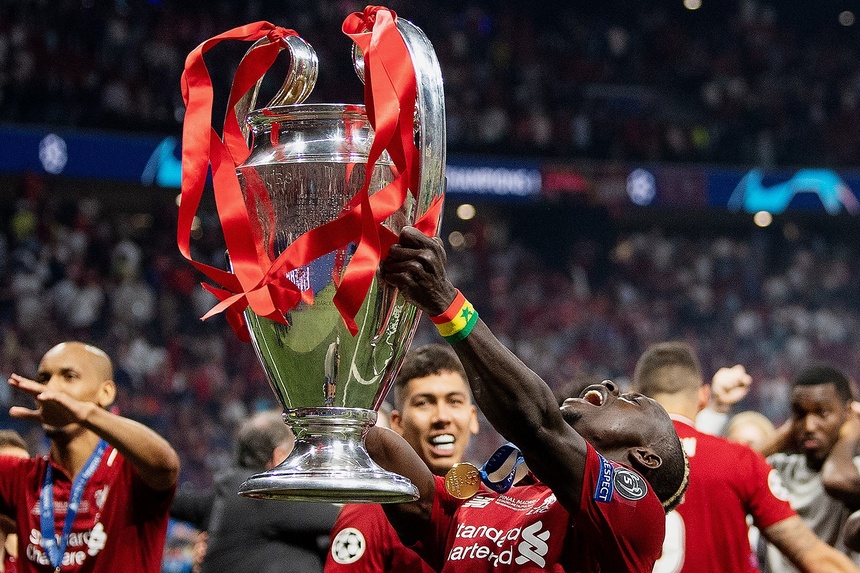
he rest is history. The Anfield team came up against Barcelona in an emotional match with a brace from Georginio Wijnaldum and Divock Origi. Nearly a month later, Liverpool won the championship.
The players celebrate wildly in the dressing room after the win. The championship trophy is paraded through the streets of Merseyside in an atmosphere filled with red. However, for Mane, the day his hometown fans welcomed him back was more meaningful than anything.
Symbol of hope
Strolling around the town where fans lined up to celebrate his son away from home, Mane spotted an elderly woman and asked why she didn’t answer his phone. “She can call me anytime she misses me. She already has my phone number,” he wondered. The woman witty replied: “But I don’t have a phone.”
The simplicity and modesty have created the image of Mane as a son of Bambali, instead of the world’s top football star. Rarely does a famous player give fans a phone number to share their difficulties when needed. And there are also few people who receive a salary of 170,000 euros a week but still use an iPhone with a broken screen.
Mane spends most of his income on philanthropic activities in his hometown. He once criticized the Senegalese government for not caring about remote villages far from the capital, where people do not have enough food, clothing or do not receive the necessary medical care and education.
Two decades after his father’s death, Mane’s hospital opened, along with a school for children in Sedhiou, Senegal, where the World Bank estimates 70% of the population lives in poverty. can go to school. “I remember my sister was also born in the house because our village did not have a hospital. It was everyone’s sadness. I wanted to build something to give hope,” Mane shared.

The Liverpool striker also affirmed that education is the most important thing for children in Senegal at the moment, even though he once dropped out of school to pursue his passion for football.
Mane said: “If there was a better school when I was a kid, I would probably have learned a lot. In the village, every kid wants to play football instead of going to school. But, I always tell them that education is education. must come first, of course, they can play football but if they can do both, the road to success will be shorter “.
Before the 2017/18 Champions League final against Real Madrid, the Liverpool striker sent 300 shirts with his name on it to his hometown. Those shirts are still kept today. The people of Bambali wear them every time they gather to watch Mane play on the TV screen at his house. Local kids put them on at every street ball game, showing off their skills with the affirmation: “I am Sadio”.
From a boy kicking a pomelo ball on the sand, the Senegal forward has become a symbol of hope in the hearts of home fans. No Bambali people do not know Mane. They consider him as a son, friend, brother in the family. Mane became a role model for local children, a role model for pursuing dreams to succeed, but still keeping his humble nature and sincere heart.



